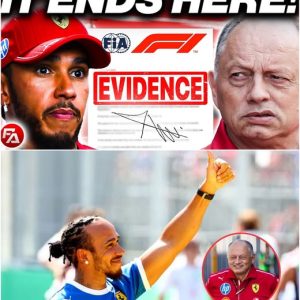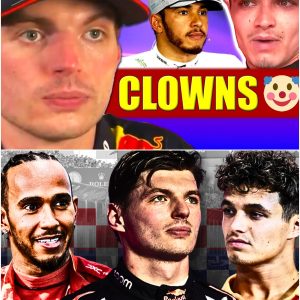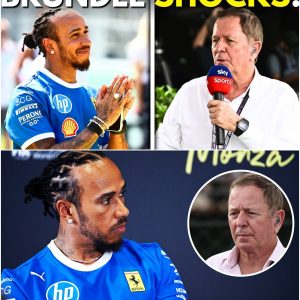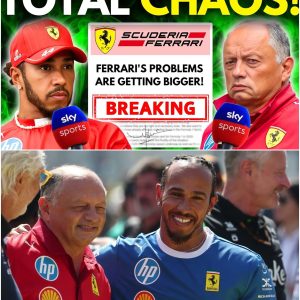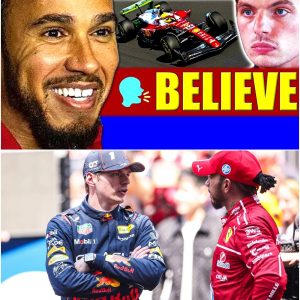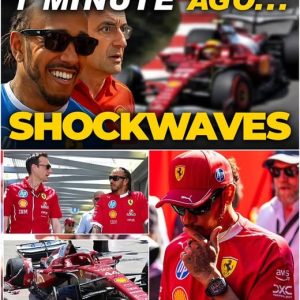When Charles Leclerc, George Russell, and Lando Norris made their Formula 1 debuts in the late 2010s, they were hailed as the stars of a new generation. Coming from successful junior careers, their transitions to Formula 1 were highly anticipated.
The trio’s arrival, along with the end of the dominance of veterans like Lewis Hamilton and Sebastian Vettel, was expected to usher in a new era. Fans and pundits alike eagerly speculated that the ‘Golden Generation’ would bring thrilling competition and new faces at the top of the podium. However, as of 2025, none of them have won a Formula 1 World Championship. What went wrong?
Each of these talented drivers has faced their own unique set of challenges—ranging from inconsistent team performances to internal competition within their own teams.
In this article, we will explore the struggles of Leclerc, Russell, and Norris, focusing on how external factors like car performance, timing, and team dynamics have shaped their careers.

Charles Leclerc: A Ferrari Dreamer Stuck in a Cycle of Inconsistency
Leclerc joined Ferrari in 2019 with a promise to lead the team back to its championship-winning days. His debut season was impressive, as he secured two wins and seven pole positions while outshining four-time world champion Sebastian Vettel. Ferrari, recognizing Leclerc’s talent, quickly extended his contract, positioning him as the cornerstone of the team’s future success.
However, the story since then has been one of frustration. While Leclerc’s raw speed and potential were never in doubt, Ferrari’s unpredictable performance has often left him with little chance to compete for a title. The 2022 season marked his best chance, as he won two of the first three races and led the championship. But reliability issues, operational mistakes, and mid-season development stagnation handed the title to Max Verstappen and Red Bull.
Ferrari’s inconsistency has continued into subsequent seasons. The 2025 SF25, despite its promise, is plagued by fundamental design flaws in the rear suspension, preventing Leclerc from mounting a serious title challenge. Moreover, Leclerc’s long-term contract ties him to Ferrari for several more years, limiting his options to seek a more competitive seat. This situation echoes the historical struggles Ferrari has faced, particularly in the 1980s and 1990s, where talented drivers like Jean Alesi and Gerhard Berger remained loyal to the team but were never given a car capable of competing for championships.
Leclerc’s position, therefore, mirrors a familiar pattern: a driver with unquestionable talent trapped in a cycle of Ferrari’s underachievement. As long as the team’s performance remains erratic, Leclerc’s dream of becoming a world champion may remain just that—a dream.
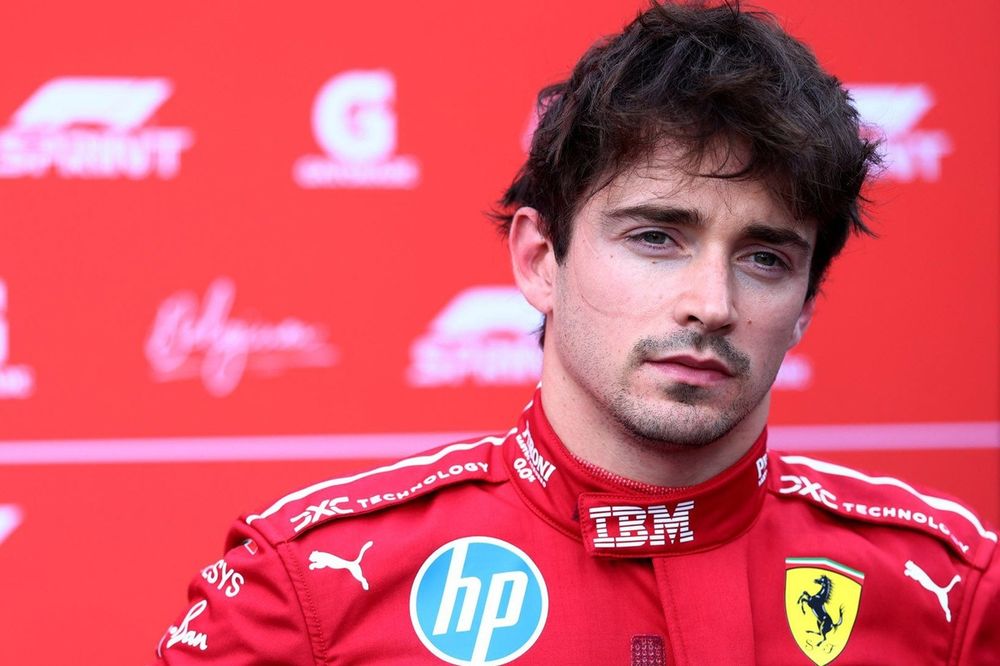
George Russell: Stuck in the Mercedes Transition
George Russell’s career has been closely tied to Mercedes from the beginning. As a Mercedes junior, he dominated Formula 2 in 2018 before joining Williams in 2019. His three seasons at Williams were challenging, but he demonstrated his potential by regularly outperforming his machinery. In 2022, Russell was promoted to the factory Mercedes team, where he immediately impressed with a victory at the Brazilian Grand Prix and a higher points total than his teammate, the legendary Lewis Hamilton.
However, Russell’s timing has been less than ideal. Mercedes has struggled with the new ground-effect era, introduced in 2022, and has been unable to challenge Red Bull or McLaren consistently. While Russell has produced several strong performances, including podium finishes and standout qualifying sessions, Mercedes’ underperformance has prevented him from competing for championships.
Furthermore, Mercedes has publicly expressed interest in signing Max Verstappen if he were to leave Red Bull. This uncertainty surrounding Russell’s future, coupled with the possibility of Verstappen joining the team in 2026 or 2027, leaves Russell’s long-term position at Mercedes in doubt. Initially, Russell believed he was poised to inherit Hamilton’s role as the team leader, but now, he faces a more precarious future. His championship hopes could be derailed by factors outside of his control, such as Verstappen’s career decisions and Mercedes’ competitiveness under the 2026 regulations.
Russell’s situation highlights a key challenge in Formula 1: timing and team dynamics play a significant role in a driver’s success. Despite his potential, Russell may never have the opportunity to lead Mercedes to a title if the team’s performance remains inconsistent and Verstappen eventually takes over.
Lando Norris: The McLaren Star Struggling with Internal Rivalry
Lando Norris made his Formula 1 debut in 2019 with McLaren, and by 2021, he had become central to the team’s rebuild. McLaren, which had invested heavily in infrastructure, including a new wind tunnel and simulator, seemed to be on the path to recovery. By 2023 and 2024, Norris was consistently challenging for podiums, and the 2025 season presented him with his first real chance to compete for a championship.
However, Norris’s dream of a title has been complicated by internal competition. McLaren’s car, arguably the fastest on the grid in 2025, has given Norris a genuine shot at the title. But despite his talent, unforced mistakes and a lack of mental robustness have seen him fail to capitalize on his opportunities. At the 2025 Dutch Grand Prix, a chassis failure led to a costly retirement, leaving him 34 points behind his teammate Oscar Piastri with just nine races remaining.
While Norris is still mathematically in contention, Piastri’s consistency has made it harder for Norris to close the gap. If Piastri goes on to win the 2025 championship, McLaren will likely shift its focus to him, which could leave Norris in a supporting role, limiting his ability to compete for future titles even if McLaren remains competitive under the 2026 regulations.
The competition between Norris and Piastri mirrors the struggles of other elite drivers who have been denied titles by internal team rivalry. Just like Ronnie Peterson and Carlos Reutemann, Norris may be remembered as a driver with immense talent but ultimately lacking the necessary circumstances to clinch the title.

The Structural Challenges of Formula 1: Why Talent Alone Isn’t Enough
The experiences of Leclerc, Russell, and Norris highlight a harsh truth in Formula 1: individual talent is necessary but not sufficient for success. Championships are often decided by the strength of the car, team stability, and the right timing. Verstappen’s dominance from 2022 to early 2024 was a product of both his driving excellence and Red Bull’s engineering brilliance. When Red Bull’s performance faltered, so too did Verstappen’s dominance.
Leclerc, Russell, and Norris have each encountered limitations in their careers—whether it’s Ferrari’s inconsistency, Mercedes’ underperformance, or internal rivalry at McLaren. Despite their raw speed, their paths to a championship have been blocked by factors beyond their control, including team decisions, car performance, and timing.
The upcoming 2026 regulation changes represent a major reset in Formula 1. The introduction of hybrid power units, active aerodynamics, and potential shifts in aerodynamic philosophies could offer opportunities for one of the golden generation to finally break through. However, it could also shuffle the competitive order entirely, presenting both risks and rewards.
Looking Ahead: The Uncertain Future of the Golden Generation
As of now, Leclerc, Russell, and Norris remain without a world championship. Leclerc is tied to a Ferrari project that has yet to deliver consistent results, while Russell faces uncertainty at Mercedes. Norris, despite McLaren’s newfound competitiveness, is at risk of being overshadowed by Piastri.
In Formula 1, the dream of becoming a world champion is often shaped by a delicate balance of factors. For Leclerc, Russell, and Norris, it may be a matter of waiting for the right opportunity—whether that comes with their current teams or through a major shift in the sport’s competitive order. The golden generation’s story is far from over, but unless the stars align, their immense talent may not be enough to secure the ultimate prize: the World Championship.
